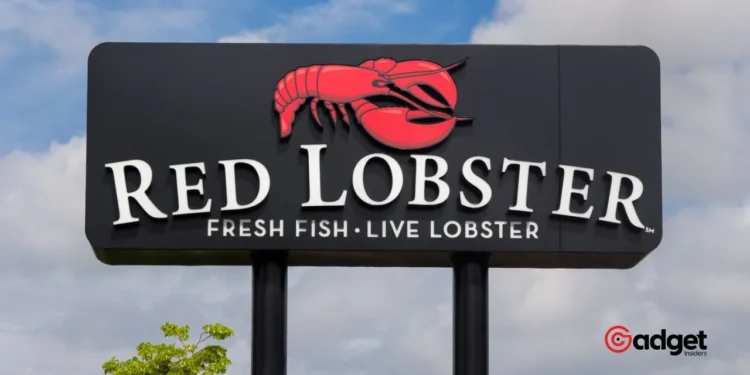As Red Lobster navigates through the troubled waters of bankruptcy, the closure of its numerous locations has ignited a broader discussion on the ethical implications of seafood consumption. This development comes at a time when sustainability and ethical dining are at the forefront of consumer priorities.
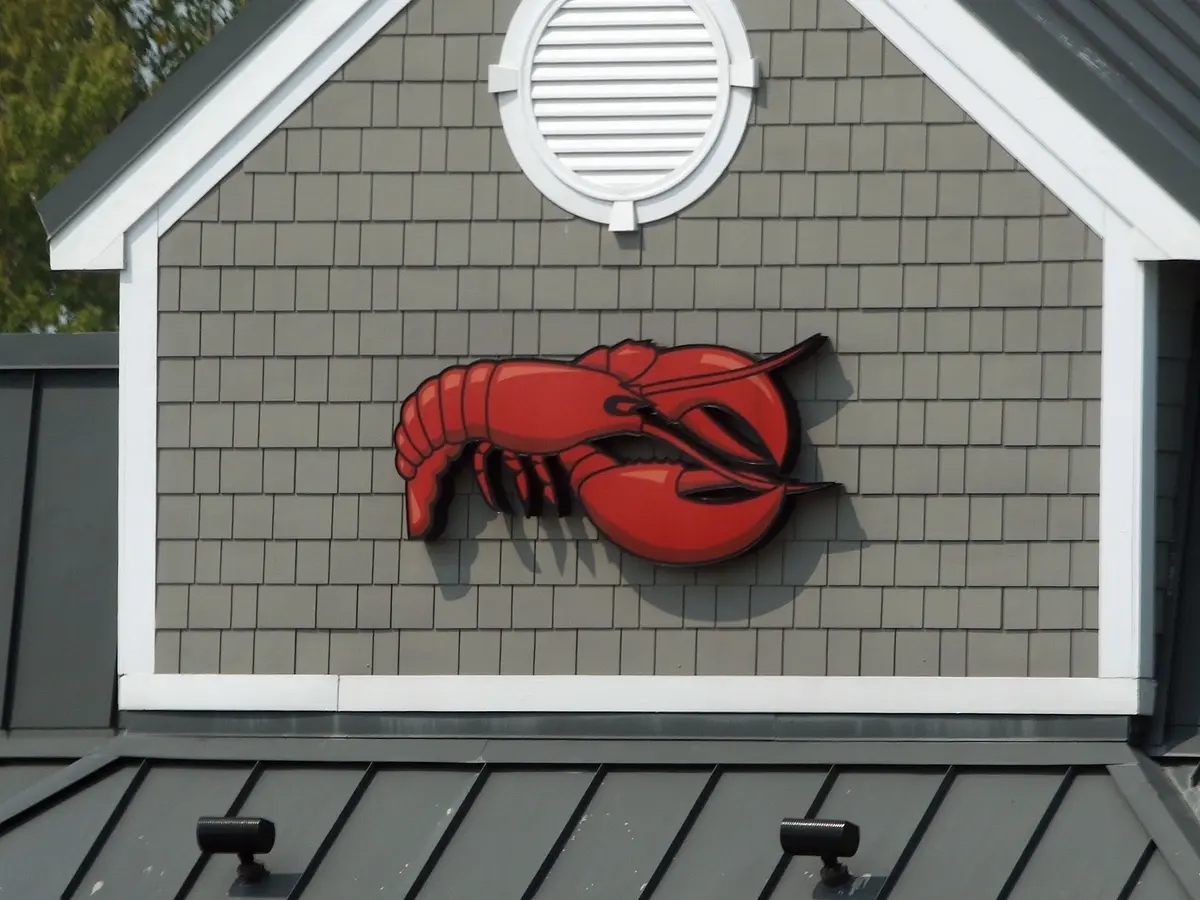
PETA’s Challenge to Red Lobster
In a bold move, PETA has stepped into the fray, sending a clear message to Jonathan Tibus, CEO of Red Lobster. The animal rights organization delivered a package to Tibus that included vegan crab cakes and a note suggesting he “indulge in a shot of whiskey” and consider the benefits of vegan seafood alternatives. This gesture is not just a call to action but a celebration of what PETA considers a shift in consumer habits towards plant-based options.
“PETA’s message is clear: as Red Lobster faces this financial crisis, it has a moral and ethical obligation to rethink its business model and embrace more humane practices,” said a spokesperson from PETA.
The Ethical and Environmental Toll of Seafood
The discussion around Red Lobster’s bankruptcy isn’t just about financial missteps; it’s deeply intertwined with ethical considerations. PETA emphasizes that seafood consumption involves significant animal suffering and environmental damage. Practices such as boiling animals alive and intensive aquafarming not only cause immense pain to marine creatures but also lead to ecological degradation and species depletion.
“Crabs, lobsters, and other marine animals are sentient beings that experience unimaginable suffering due to inhumane culinary practices,” the PETA statement highlighted.
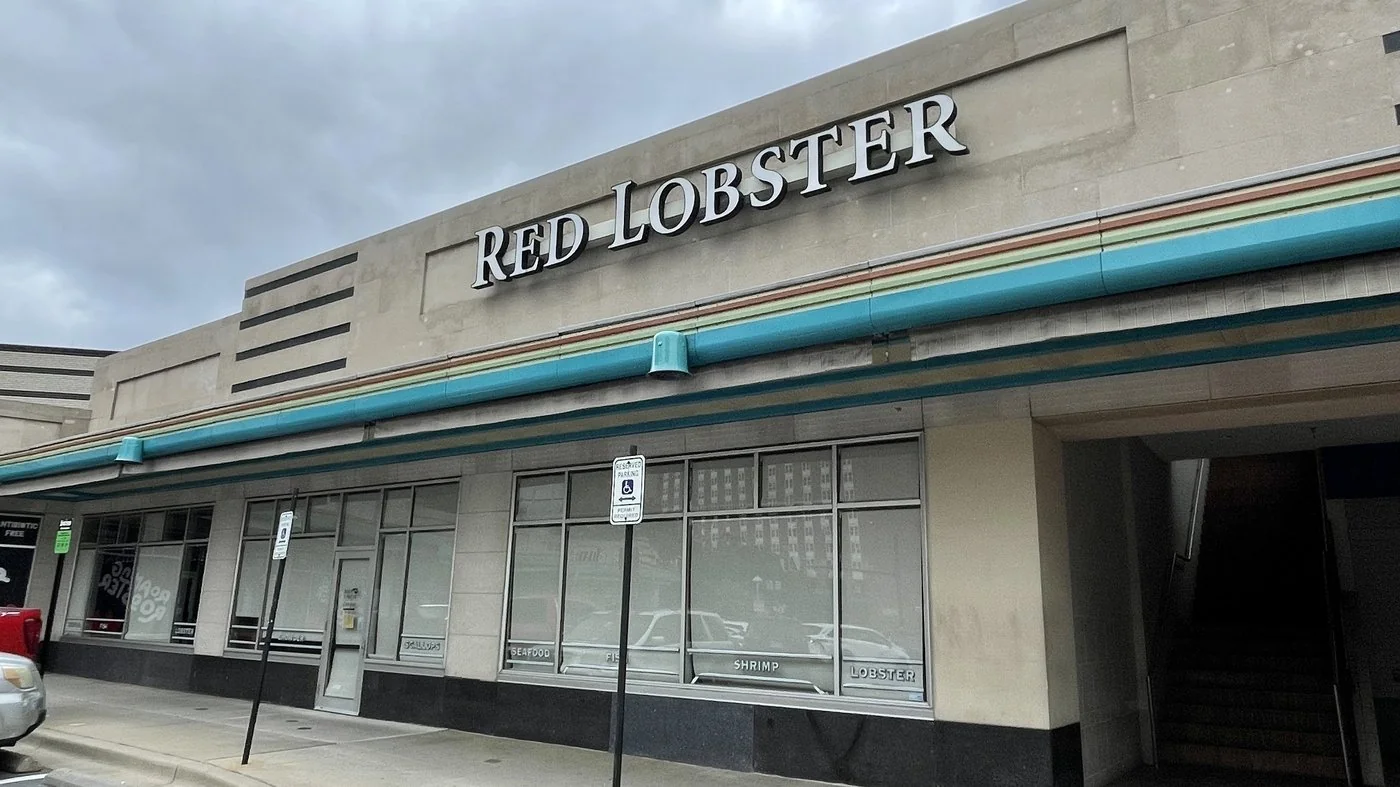
The Financial Downfall and Ethical Dilemmas
Red Lobster’s signature “endless shrimp” promotion has been identified as a major factor in its financial instability. This strategy, aimed at boosting short-term sales, starkly contrasts with growing consumer demands for sustainability and ethical responsibility. “The oceans are not bottomless, and neither are their resources,” PETA warns, highlighting the unsustainable nature of such business practices.
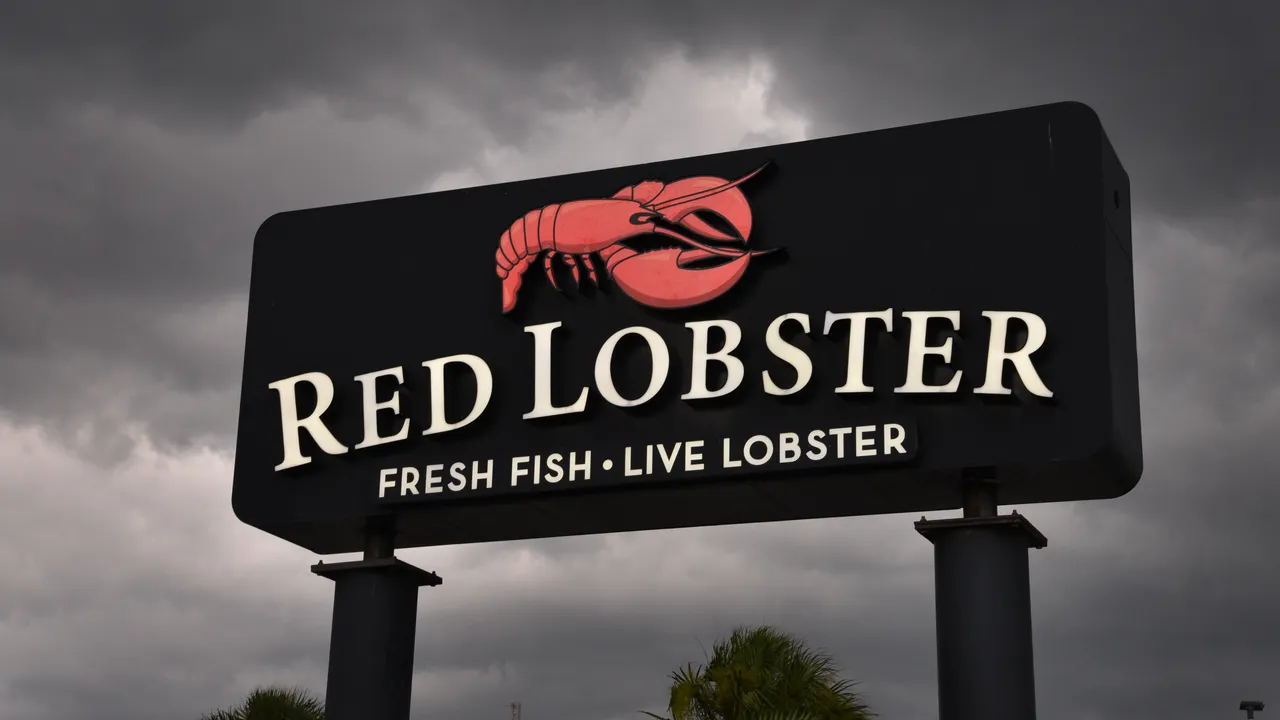
The Rise of Vegan Seafood
The plant-based seafood market, expected to hit $1.3 billion by 2031, reflects a changing landscape where more consumers opt for sustainable and compassionate dining choices. Company’s current predicament could serve as a catalyst for the industry, urging other chains to follow suit in embracing vegan options.
“The closure of Red Lobster outlets should be a wake-up call for the food industry. The future of dining must focus on ethical, sustainable, and cruelty-free practices,” said the PETA spokesperson.
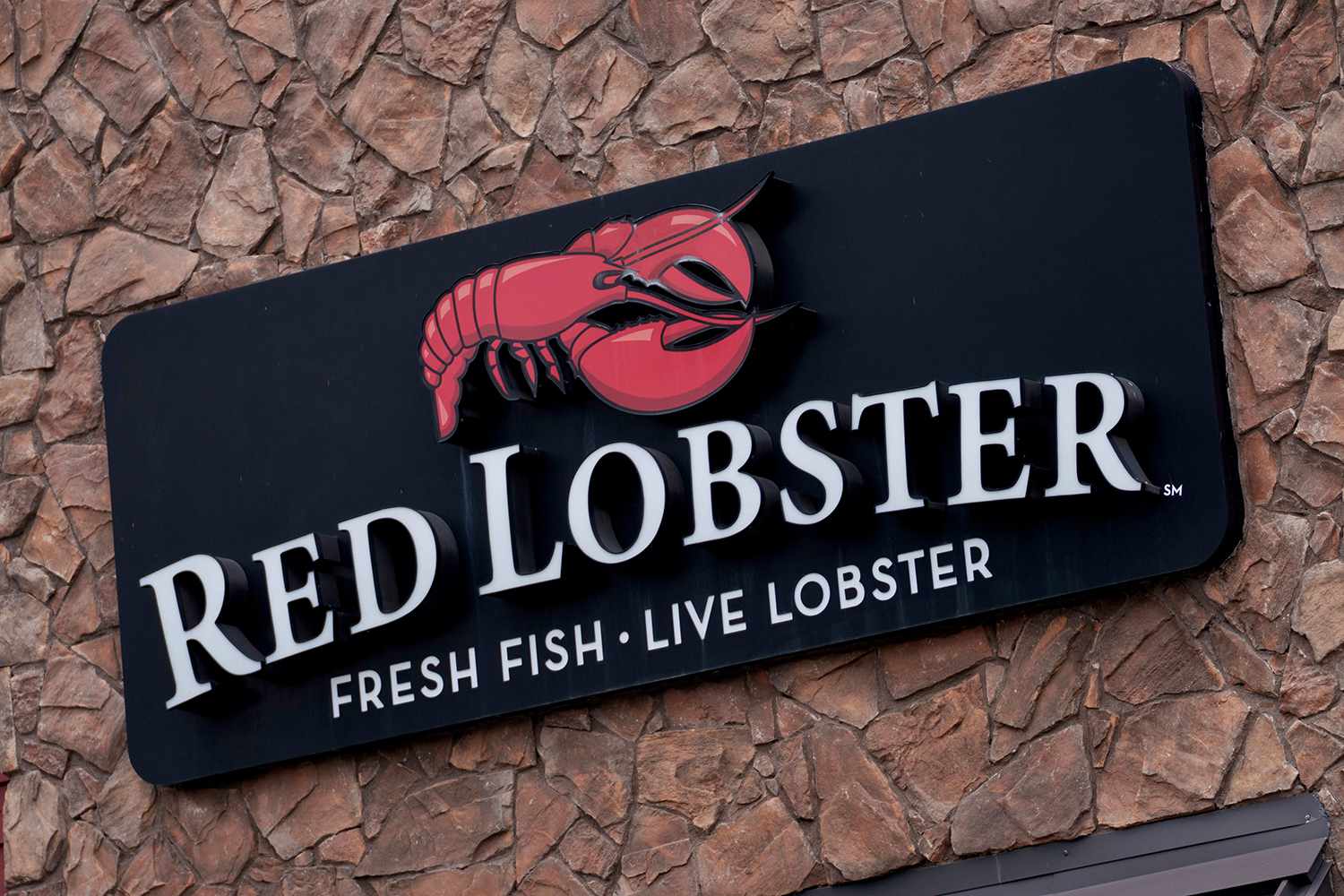
A Call for Systemic Change
The unfolding scenario at Red Lobster presents a critical opportunity for the food industry to realign its practices with ethical standards and consumer expectations. As the debate over the implications of seafood consumption continues, it becomes increasingly clear that the path forward lies in sustainability and compassion, reshaping the culinary world for the better.

